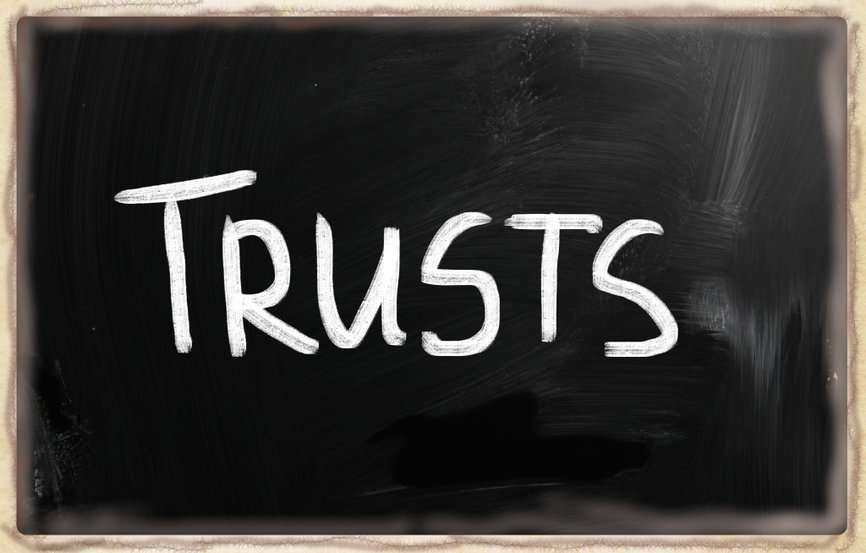You probably know that your Last Will and Testament is a description of how your estate will be distributed after you have passed away. It gives you an opportunity to recognize the people and organizations that have had an impact on your life and insures that your assets are distributed according to your wishes. But beyond the distribution of your assets, this article will highlight four key appointments that are made in your Will.
Your Executor (or Personal Representative)
This person has the responsibility to carry out the instructions in the Will and without a Will the Executor will be appointed by the courts. It’s a difficult appointment to make because you need to find somebody with the organizational skills to collect your assets, file your taxes and provide reports to the beneficiaries.
The Executor has to of course be trustworthy, and young enough to still be capable of performing the task at the time of your passing (your parents are probably not a great choice). If there is nobody in your family or circle of friends who possesses the required attributes, you may consider hiring a professional (most banks have a division that offers the service). If you have a person in mind who is up to the task, make sure that you ask them before you name them in your Will.
A person appointed as Executor has every right to turn down the job in which case your alternate appointment would be invited to take on the role.
Guardians for your children

Copyright: stockbroker / 123RF Stock Photo
There is probably no more emotional an appointment than naming a guardian for your children. If something were to happen to both parents at the same time (you were involved in a common accident) then your children will be raised by a person appointed by the family courts. The judge will look to your Last Will and Testament for guidance in granting guardianship, believing that you have carefully considered this person to be best positioned to take on this responsibility. You have likely weighed up factors like geography, lifestyle, values, financial means, and personal circumstances.
Clearly it is possible that by the time you pass away the person named in your Will may not be the most appropriate person, but the appointment in your Will is likely to be the first choice.
Trustee for minor trusts
If your children are still minors when you die, they are legally not allowed to inherit. Instead their inheritance will go into a minor trust that will be managed by a Trustee. It is the Trustee’s responsibility to manage the funds in such a way that the inheritance still exists when the children reach an age of maturity (this age is usually determined by you in your Will).
The Trustee is usually granted the discretion to use the funds from the trust for the well-being of the children while they are growing up, for example, for education and healthcare, but the key responsibility is to protect the funds until the trust expires. It is a key appointment, and again, must be a friend or family member that has complete integrity.
Alternate beneficiaries
Many people are quick to name their main beneficiary in their Will – more often than not, it is a person’s spouse. But how will your estate be distributed if your main beneficiary pre-deceases you, or is involved in a common accident? The estate may then be divided between children, but if there are no obvious alternate beneficiaries then the distribution of the estate becomes more complicated.
Your alternate plan may be an opportunity to consider charitable bequests, or giving specific items to named beneficiaries, or distributing the estate to a wider range of individuals or organizations. For many people the main beneficiary is an obvious answer, but the alternate plan is the one that requires serious thought.
Without a Will
The importance of a Will clearly goes beyond describing the distribution of your assets. Without a Will there can be family fighting over the appointment of the Executor. The guardians for your children will be determined by a judge with very little knowledge of your family and the appointment can often come from a bitter custody battle between different family members. Intestate distribution laws will determine the distribution of your estate which vary from State to State, but they will almost certainly not match your personal wishes.
Creating a Will only takes about 20-30 minutes, and is much more affordable than you may think. There is no requirement to use an attorney to prepare your Will, you can create one using a service like ours. But please give very careful consideration to these important appointments, it may be a discussion that you need to have with your family today.
- Testamentary Trusts – what are they and how are they created? - May 9, 2024
- Every document you need for a complete estate plan. - October 29, 2020
- Estate Planning in troubled times - April 3, 2020













